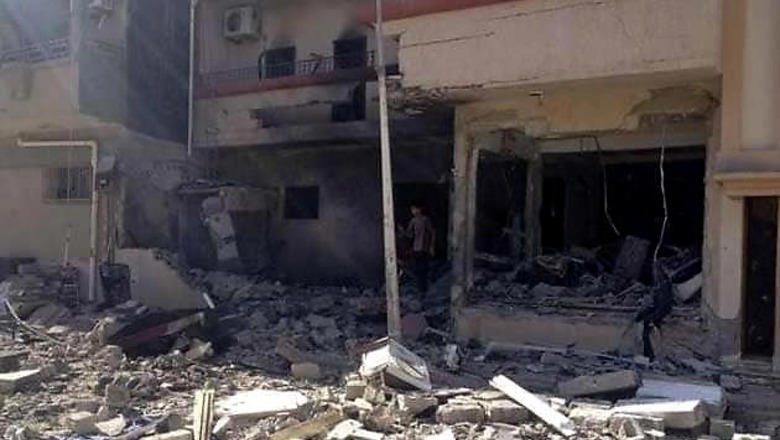
views
Tripoli: Factional warfare in Libya is pushing the oil producer "very close to the point of no return", the UN special envoy to the country said on Tuesday, commenting on flagging efforts to bring about a ceasefire and political dialogue.
The North African country has had two governments and parliaments since an armed militia from the western city of Misrata seized the capital Tripoli in August, setting up its own cabinet and assembly.
The internationally-recognized government of Prime Minister Abdullah al-Thinni had to move 1,000 km (625 miles) to the east where the elected House of Representatives is also now working, effectively splitting the vast desert nation.
Last month, UN Special Envoy Bernadino Leon started an initiative to bring together both sides for a dialogue and ceasefire. But fighting has worsened in the past two weeks in the eastern city of Benghazi as well as in western Libya. At least 130 people have been killed alone in Benghazi, where warplanes bombed suspected Islamist militants on Tuesday.
"I think this country is running out of time. The danger for the country is that in the past weeks we are getting very close to the point of no return," Leon told reporters in a televised news conference.
Western powers worry that the OPEC producer is heading towards civil war as authorities are too weak to control former rebels who helped oust Muammar Gaddafi in 2011 but now defy state authority to grab power and a share of oil revenues.
Leon refused to give a time frame for the UN talks between the House of Representatives and Misrata members who have boycotted its sessions. The talks suffer from the absence of armed factions from Misrata or a rival militia from the western city of Zintan who battled Misrata forces in Tripoli for more than a month over the summer.
But diplomats hope that since Misrata members from the house are indirectly linked to a rival parliament in Tripoli, the talks will eventually yield a broader dialogue.
The situation in Tripoli has been worsened by a separate conflict between pro-government forces and Islamist brigades in Benghazi, the main city in the east. In western Libya outside Tripoli, brigades from Misrata have been fighting rivals from Zintan whom they ousted from the capital in August.



















Comments
0 comment